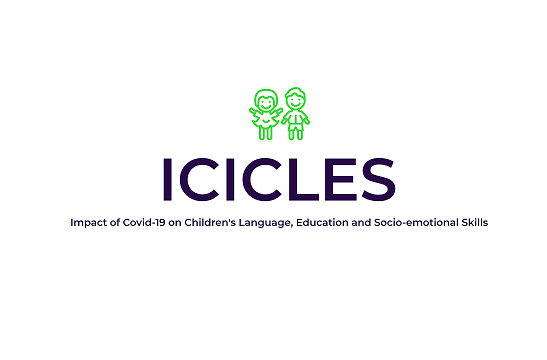- Home
- Publications
- Incentivising Specific Combinations Of Subjects: Does It Make Any Difference To University Access?
Incentivising specific combinations of subjects: does it make any difference to university access?
 Pub. Date
Pub. Date
 Pub. Type
Pub. Type
External Authors

Anders, J

Henderson, M

Moulton, V

Sullivan, A
Related Themes
Education and SkillsJEL Code
I20
Journal
National Institute Economic Review
Publisher
Sage Publications, London
External Resources
http://journals.sagepub.com/doi/abs/10.1177/002795011824300113
Issue
243
A major part of the 2010–15 UK government’s education reforms in England was a focus on the curriculum that pupils study from ages 14–16. Most high profile was the introduction of the English Baccalaureate (EBacc) performance measure for schools, incentivising study of “subjects the Russell Group identifies as key for university study” (Gibb, 2011). However, there does not appear to be good quantitative evidence about the importance of studying such a set of subjects, per se. This paper sets out to analyse this question, considering whether otherwise similar young people who study specific sets of subjects (full set for EBacc-eligibility, two or more sciences, foreign languages, applied subjects) to age 16 have different probabilities of entering university, and specifically a high-status university. It compares results from regression modelling and propensity score matching, taking advantage of rich survey data from a recent cohort of young people in England. We find that conditional differences in university entry attributable to subject choice are, at most, small.
Related Blog Posts

What Can Be Done To Better Protect Children and Young People From Serious Safeguarding Incidents?
Sophie Kitson
Ekaterina Aleynikova
19 Feb 2024
9 min read

Putting Increased Pressure on a Fragile System Does Not Help
Claudine Bowyer-Crane
Cecilia Zuniga-Montanez
15 Jan 2024
5 min read


Safeguarding the Safeguards – more Support Needed, But How?
Lucy Stokes
Johnny Runge
Adrian Pabst
02 May 2023
6 min read
Related Projects

Catch Up Literacy Pilot Study

Better Start Bradford
Related News



Press Release: Targeted home support could be key in children’s early language development
21 Apr 2021
5 min read
Related Publications


Adam Smith and the Bankers: Retrospect and Prospect
04 Jan 2024
National Institute Economic Review

On the Promises and Perils of Smithian Growth: From the Pin Factory to AI
04 Jan 2024
National Institute Economic Review

Economic Progress and Adam Smith’s Dilemma
04 Jan 2024
National Institute Economic Review

